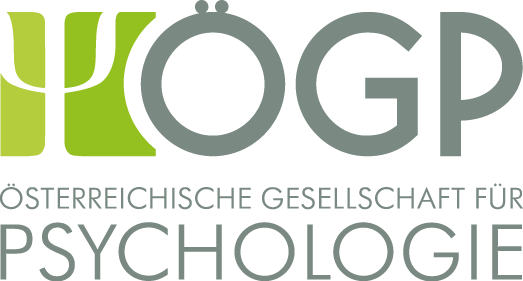Speakers
Description
Subjective well-being (SWB) is one of the key indicators of positive mental health, particularly in emerging adulthood (Viner & Tanner, 2009) when coping with many developmental tasks puts individuals under considerable pressure and thus, may attenuate their SWB. Based on the autonomy-relatedness perspective (Grotevant & Cooper, 1986), self-determination theory (Deci & Ryan, 2008), the Big Five and the three-component model of SWB (Keyes, 2009), we built and tested a model linking personality with SWB through individuation in relation to mother. The Austrian (N = 401; 64.3 % females; Mage = 23.87 years) and Slovenian (N = 494; 57.3% females; Mage = 22.30 years) participants used an online application to report on demographics, and fill-in NEO-FFI-30, the Individuation Test for Emerging Adults-Short and the Mental Health Continuum-Short. The somewhat modified initial model fit the data well across the samples, explaining up to 47% of the variance. Country-consistent direct and indirect links in general suggest that along with personality, fulfilment of basic human needs of autonomy and relatedness within the process of individuation is important for emerging adults’ SWB.

